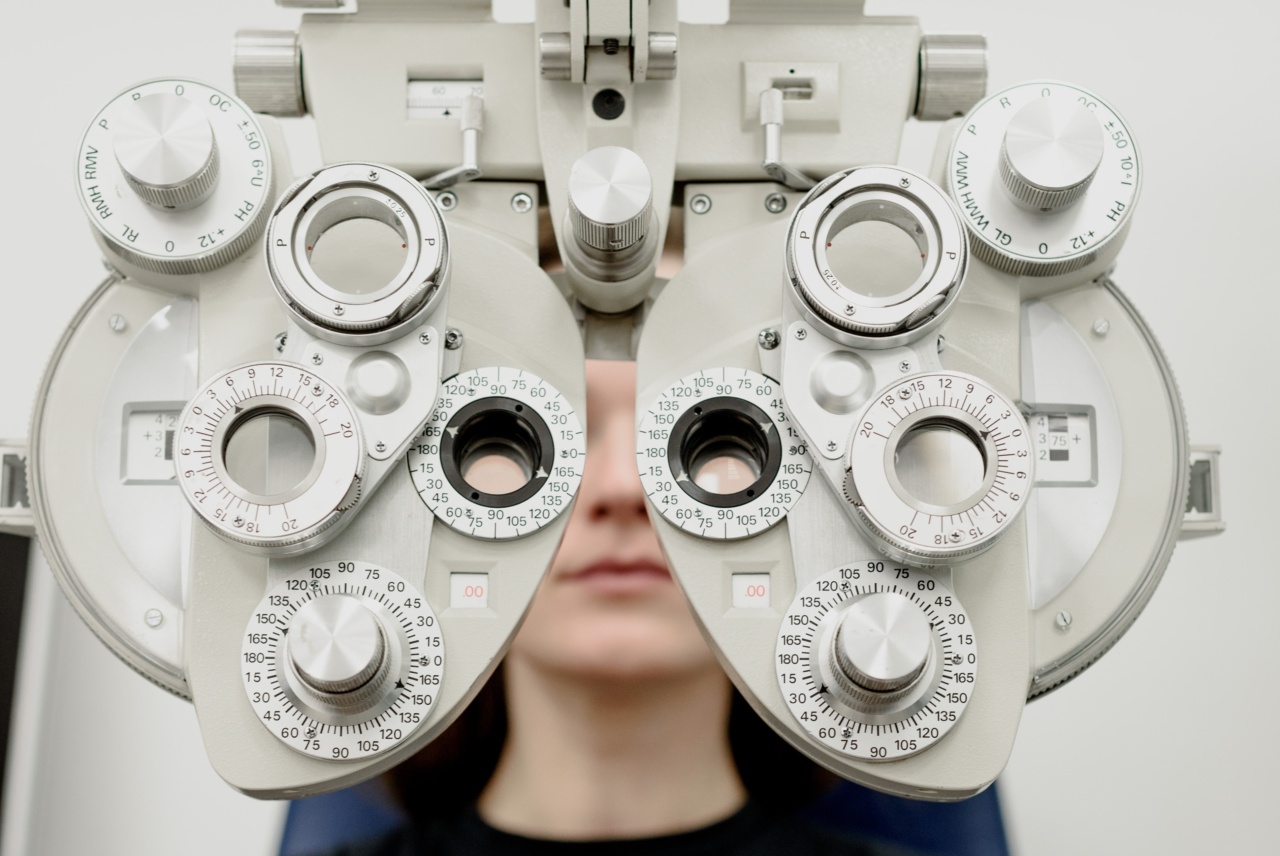Welcoming a baby into the world comes with a lot of joy and responsibility. However, amidst all the attention on the newborn, many new mothers forget to take care of themselves.
It is essential to have a complete postpartum examination after delivery, even if you feel fine. This exam will help you recover from childbirth and identify any health issues.
What is a Postpartum Examination?
A postpartum examination is a routine check-up for a mother who has recently given birth, usually performed between six weeks and twelve weeks after delivery. This exam helps determine the mother’s physical and mental health after childbirth.
The exam includes a medical examination to check for complications, the incision if applicable, blood pressure measurement, weight assessment, and breast and pelvic examinations.
When Should You Schedule Your Postpartum Exam?
A postpartum examination should be scheduled with your healthcare provider between six to eight weeks after delivery.
If you have had a complicated pregnancy, C-section, or other delivery-related complications, visit your doctor earlier, within two to three weeks after delivery. Schedule the appointment during your pregnancy, so you can speak with your provider in advance about the examination and what to expect.
Why is a Postpartum Exam Necessary?
A postpartum exam is necessary for several reasons. Firstly, it helps identify any postpartum complications, such as heavy bleeding, infections, and blood clots. Secondly, it helps to ensure that mothers receive proper postpartum care and support.
During the examination, doctors will also assess a mother’s emotional health since postpartum depression and anxiety can develop after delivery.
What to Expect During Your Postpartum Exam?
A postpartum exam will typically involve the following:.
- Medical history assessment, including questions about delivery, complications, and any health issues.
- Physical exam, which includes checking the abdomen, perineum, vagina, cervix, and breasts. Your doctor will check for healing, any infections, and ensure that all organs are healing correctly after delivery.
- Pelvic exam to evaluate the size and shape of your pelvis, which may determine any difficulties you may have during future delivery.
- Weight assessment, blood pressure, and a urine test to identify any underlying problems such as hypertension, kidney problems or other conditions.
Talk to Your Doctor at Your Postpartum Exam:
Your postpartum exam is also an excellent opportunity to discuss any concerns you may have about your health, recovery, contraception, and breastfeeding.
Make sure you ask your doctor any questions that you may have, even if you think they are not significant.
Things to Consider Before Your Postpartum Exam:
To prepare for your postpartum exam, consider the following:.
- Make arrangements for childcare. If you have no childcare, consider bringing someone with you to help watch your baby while you speak with your doctor.
- Take it easy. Do not exert yourself before your appointment, as it can skew some of the tests your doctor takes.
- Bring any necessary medical records with you to the appointment. If you have blood tests or other exams, your doctor may need those results to provide the proper care.
- Write down any questions ahead of time to ensure that you do not forget anything important.
Conclusion:
A postpartum exam is crucial to ensure that the mother, both physically and emotionally, recovers from delivery and receives the appropriate care.
It is essential to schedule your postpartum appointment at the recommended time, ask any questions you have beforehand, and ensure that you are well-prepared for the examination. Remember, if you feel anything is off with your body, do not hesitate to speak with your doctor. Early detection can make a substantial difference in your recovery rate.


























